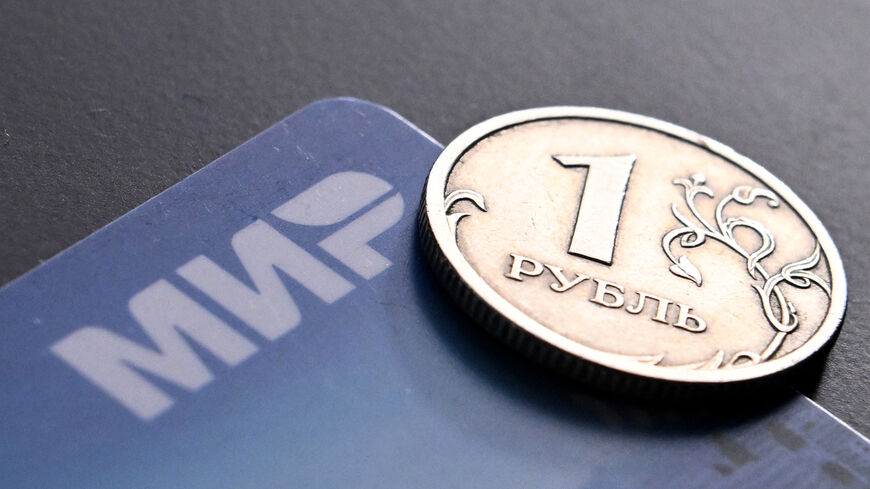
Germany is considering buying gas from Qatar amid the war in Ukraine and the United States has been pushing the Gulf state to send more gas to Europe.
Russian President Vladimir Putin announced today that Russia will accept gas payments in rubles and not euros or dollars. Putin said the stipulation applies to an unspecified list of “unfriendly” countries, the official TASS news agency reported.
The decision targets European countries that are supporting Ukraine politically and militarily in response to the Russian invasion. Putin may also be trying to force European countries that sanctioned Russia’s central bank to do business with the institution, according to The Moscow Times.
Putin added that the measure will come into effect “within the shortest possible time,” according to TASS. Europe receives around 40% of its natural gas from Russia.
Why it matters: Russia is one of the largest gas exporters in the world, along with Qatar, the United States and Australia.
Some European countries are considering getting gas from Qatar in response to the war in Ukraine. Oilprice.com reported on March 21 that Germany will start importing gas from Qatar after the Gulf state increases its supplies.
This is not the first time Europe has considered replacing Russian gas with Qatar’s and in January, the United States attempted to persuade Qatar to consider sending more gas to Europe. The plan would have involved sending gas via ships and delays for Qatar’s customers in Asia, an analyst told Al-Monitor at the time.
What’s next: Putin’s decision is one of a few recent energy-related developments that could threaten the supremacy of the US dollar. Saudi Arabia is also considering pricing oil sales to China in yuan.
The move does not apply to Russian oil exports at present, per Putin’s remarks. Many Middle Eastern states produce their own oil, but Turkey imports some of its oil from Russia. International oil sales are typically priced in dollars.
